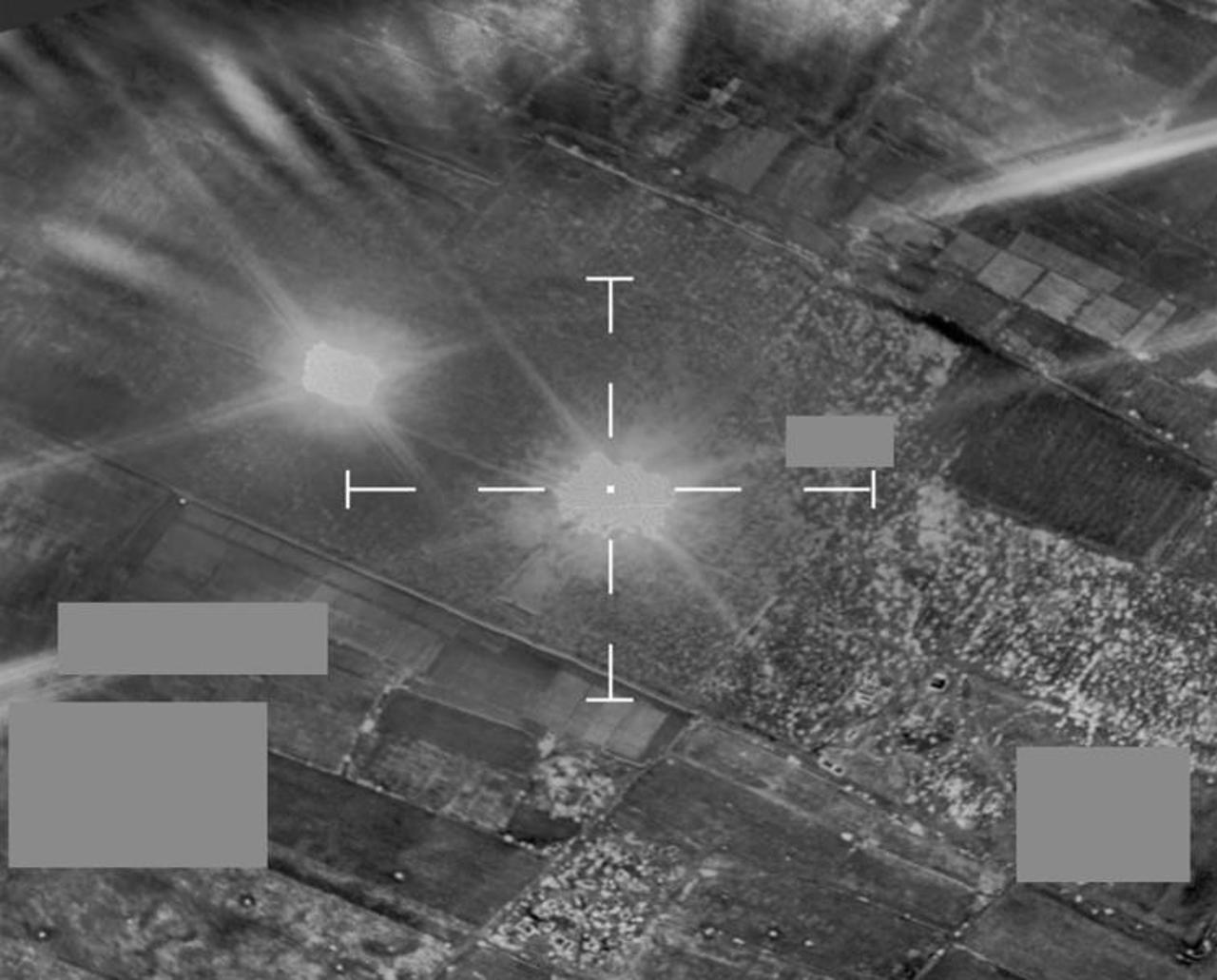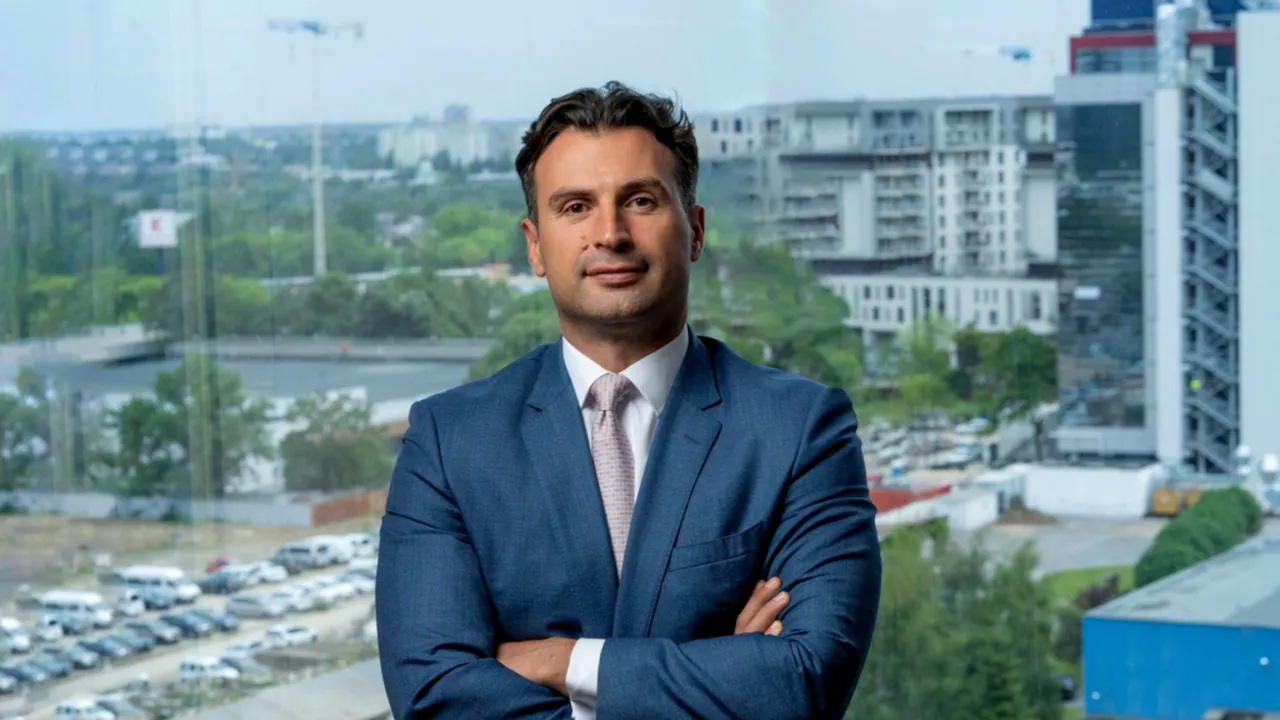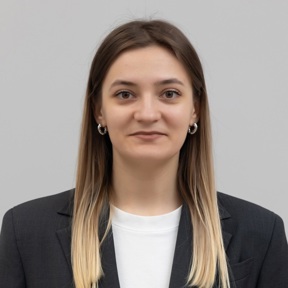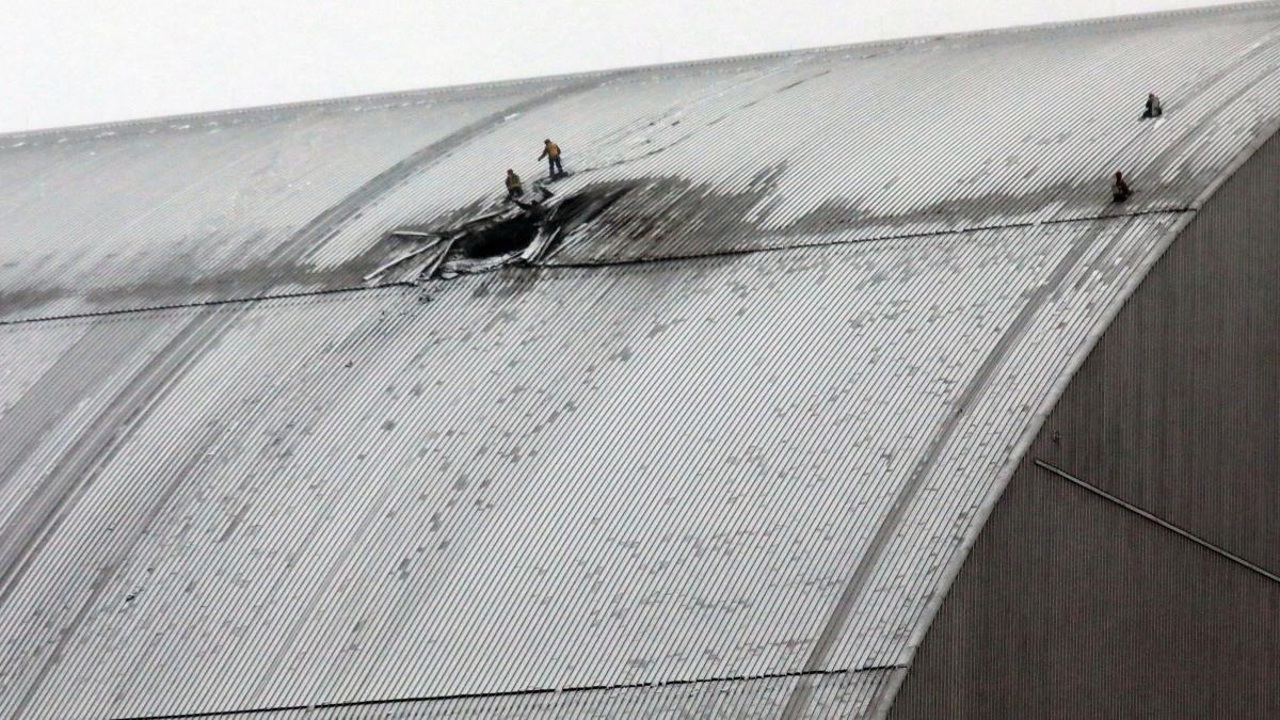US expands Yemen strikes amid rising tensions
The United States launched a second wave of airstrikes against Houthi rebel targets in Yemen on Saturday, a day after a joint operation with the United Kingdom and allies targeted Houthis accused of threatening shipping in the Red Sea.

The escalation of fighting sparked protests in Yemen and concerns of further regional instability.
US President Joe Biden defended the action, stating, "We will not tolerate threats to freedom of navigation in the vital Red Sea. These strikes were a measured response to continued Houthi attacks on commercial vessels."
The Houthis, backed by Iran, have denied responsibility for recent shipping attacks but vow retaliation for the US-led offensive. "International aggression against Yemen will only increase our determination and our strength," declared a Houthi spokesman.
Saturday's strike targeted at least one location in the Yemeni capital, Sanaa, according to the US military. Reports indicate Houthi forces have continued launching rocket attacks at vessels in the Red Sea, raising concerns about potential civilian casualties and disruptions to vital shipping lanes.
UN Secretary-General Antonio Guterres urged all parties "to avoid actions that could further escalate the already dire situation in Yemen." He reiterated calls for diplomacy and renewed efforts to end the 2014-erupted war that has already devastated the country.
Several nations, including the Netherlands, Australia, Canada, and Bahrain, offered logistical and intelligence support to the US-led operation. Meanwhile, Germany, Denmark, New Zealand, and South Korea issued a joint statement condemning the recent Houthi attacks and supporting further action to deter future threats.
Yemeni civilians in cities across the country held demonstrations condemning the US strikes, expressing anger and fear over the escalating conflict.
With no immediate signs of de-escalation, the situation in Yemen remains precarious. The international community faces a growing challenge in navigating the complex regional dynamics and preventing further bloodshed.
Translation by Iurie Tataru




